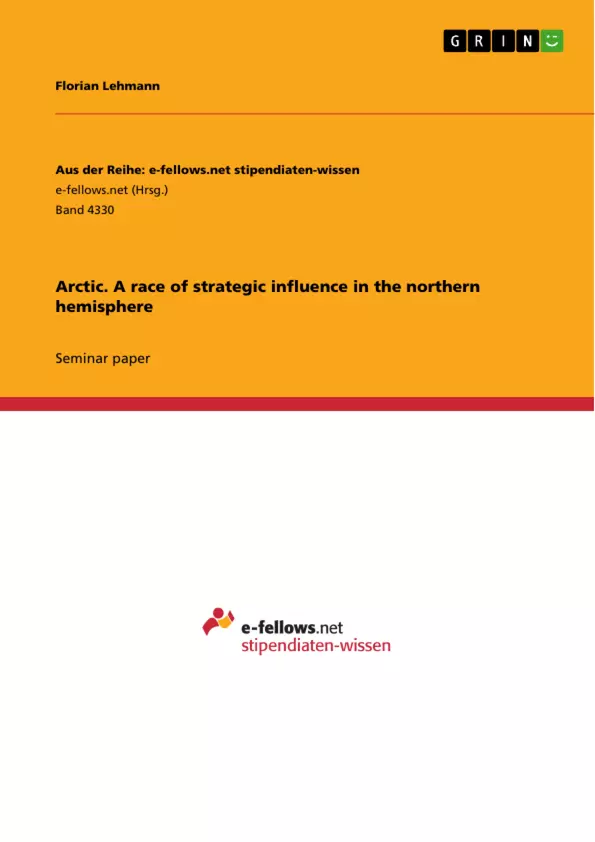The text discusses the increasing interest and involvement of major global powers, particularly the European Union (EU) and China, in the Arctic region due to rising temperatures and melting ice. It highlights the shift in the Arctic's significance and the strategic interests of various nations, including the EU's collaboration aspirations with Arctic states and China's focus on its Belt and Road Initiative. The text emphasizes the shortened trade routes and the strategic importance for both the EU and China, potentially leading to future conflicts over influence in the region. It outlines the involvement of actors like the Arctic Council and identifies three significant junctures that have changed the region's dynamics. The paper aims to explore the interests of the EU and China in the Arctic, their abilities to achieve their goals, and the potential risks, challenges, and opportunities for the region and the international community. It proposes three scenarios, from worst to best case, while suggesting the necessity for all involved parties to take actions to prevent misunderstandings and reduce the chances of escalation, although policy advice is beyond the paper's scope.
Inhaltsverzeichnis (Table of Contents)
- 1. Introduction
- 2. Actors
- 3. EU's influence in the Arctic
- 3.1 Best case scenario
- 3.2 Worst case scenario
- 3.3 Most probable scenario
- 4. Conclusion
Zielsetzung und Themenschwerpunkte (Objectives and Key Themes)
This paper examines the increasing strategic importance of the Arctic region, particularly as it relates to the growing influence of both the European Union and China. The paper seeks to understand the dynamics of this rivalry and explore its implications for Arctic governance and the international community.
- The rise of the Arctic as a strategically significant region
- The role of the Arctic Council in governing the region
- The competing interests of the EU and China in the Arctic
- The impact of China's growing influence on Arctic governance
- Potential risks and challenges as well as opportunities for the Arctic and the international community
Zusammenfassung der Kapitel (Chapter Summaries)
The paper begins by introducing the increasing relevance of the Arctic due to climate change and the emergence of strategic interests from major powers like the EU and China. It then delves into the key actors in the region, particularly highlighting the role of the Arctic Council and its composition. The paper then focuses on the EU's ambitions and challenges in the Arctic, noting the significance of the European Union's membership in the Arctic Council and its efforts to influence Arctic governance. The paper explores the impact of China's entry into the Arctic Council and its growing role as a polar power.
Schlüsselwörter (Keywords)
The primary keywords and focus topics of the paper are: Arctic governance, strategic influence, European Union, China, Arctic Council, climate change, geopolitical rivalry, sustainable development, environmental protection, and indigenous communities.
- Quote paper
- Florian Lehmann (Author), 2022, Arctic. A race of strategic influence in the northern hemisphere, Munich, GRIN Verlag, https://www.grin.com/document/1430087



